Working from home offers comfort and flexibility, but it also comes with its own challenges. Without the structure of an office or the social energy of coworkers, it’s easy to lose focus or motivation. Staying productive in a home environment means building a routine that balances work and self-care. The good news is that with the right mindset and small adjustments, you can create a system that keeps you inspired and on track. By setting boundaries, organizing your workspace, and nurturing your mental health, you can transform your home into a place of creativity and efficiency. Here are 12 ways to help you stay motivated, productive, and happy while working from home.
1. Designate a Dedicated Workspace
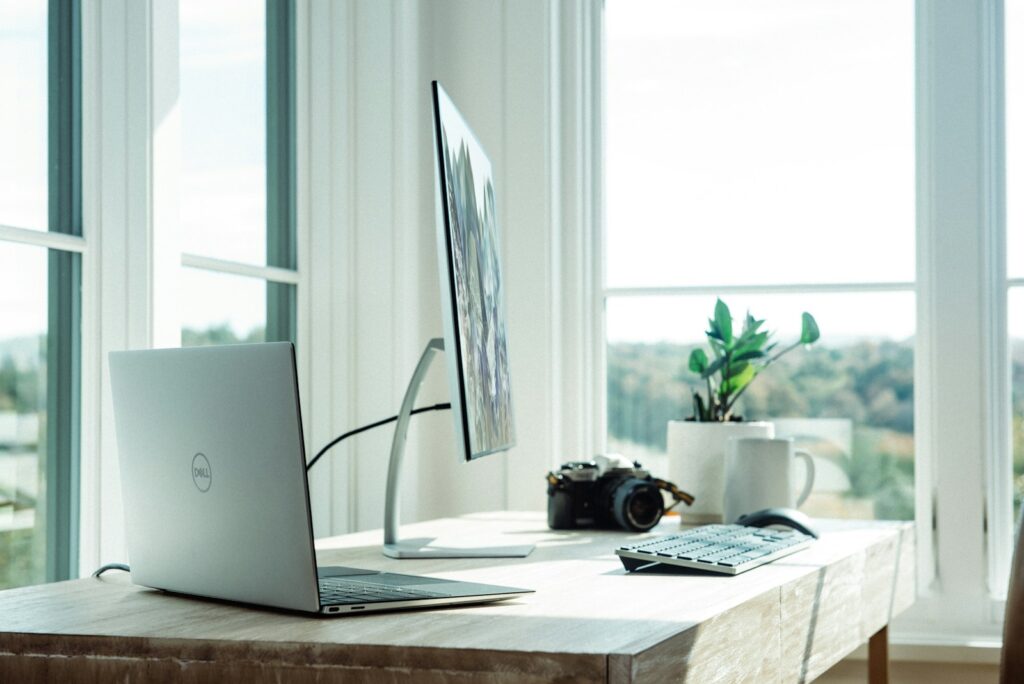
A defined workspace helps signal to your brain that it’s time to work. Choose an area that feels comfortable, well-lit, and free from distractions. You don’t need a large office, just a spot where you can focus without interruptions. Adding a few personal touches, like plants or photos, can make the space inviting. Keep your work essentials organized and within reach to save time and reduce frustration. A consistent workspace strengthens your routine, creating a psychological separation between work and relaxation. Over time, simply sitting in that spot can help you switch into work mode effortlessly.
2. Stick to a Routine

Having a daily routine provides structure and stability, which can boost productivity. Start your day at the same time, include short breaks, and set a clear end time to avoid burnout. Treat your remote schedule as if you were reporting to an office, eat breakfast, get ready, and plan your tasks. Routines help your brain anticipate what comes next, making transitions smoother. They also help balance personal and professional time, so work doesn’t spill into your evenings. A consistent schedule can improve focus, reduce stress, and make your work-from-home experience feel more intentional and fulfilling.
3. Dress for Success

Even when working from home, what you wear can influence how you feel and perform. Changing out of pajamas into comfortable yet neat clothing signals the start of your workday. It doesn’t have to be formal, just something that makes you feel confident and alert. Getting dressed helps establish a mental boundary between leisure and productivity. It can also boost self-esteem and make you more present during virtual meetings. You’ll find that looking put together can lead to feeling more organized, motivated, and ready to tackle your tasks with purpose and energy.
4. Set Daily Goals
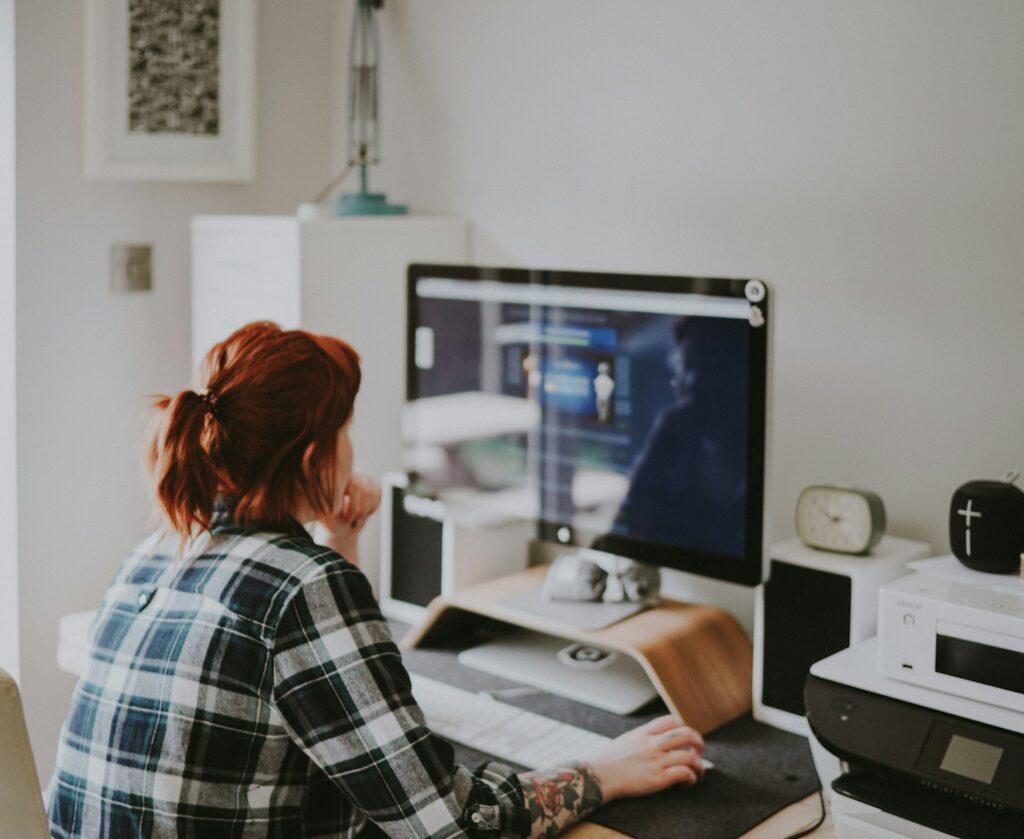
Daily goals keep your tasks manageable and your motivation steady. Instead of overwhelming yourself with a long to-do list, focus on three to five priorities for the day. Breaking big projects into smaller steps makes progress more visible and satisfying. When you check items off, you get a sense of accomplishment that fuels momentum. Write your goals down at the start of each day to stay focused. Clear, realistic goals also help prevent procrastination because you know exactly what to work on. This approach transforms your day into a series of achievable wins.
5. Take Meaningful Breaks
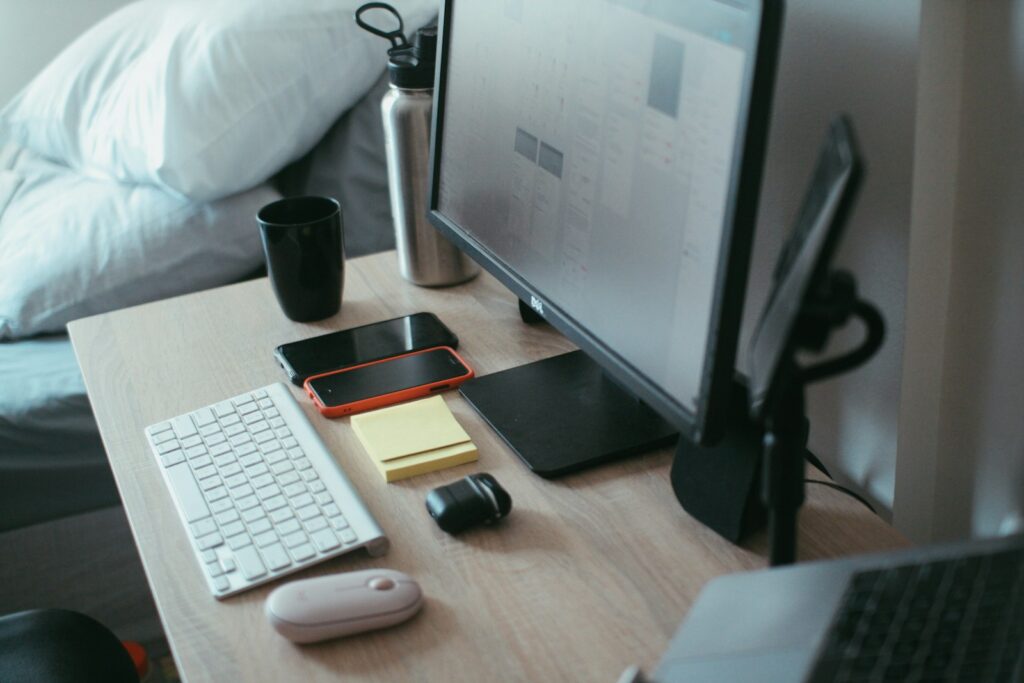
Working for long stretches without rest can drain your energy and creativity. Short intentional breaks can help you recharge and return with a clearer mind. Step away from your desk, stretch, or enjoy a quick walk outside. Avoid scrolling through social media, which can make you feel more tired. Instead, use your breaks to move, hydrate, or do something that makes you smile. These pauses are essential for maintaining focus and preventing burnout. Think of them as mini resets that help sustain your motivation throughout the day while promoting better physical and mental well-being.
6. Stay Connected

Remote work can sometimes feel isolating, so maintaining social connections is key to motivation. Schedule virtual check-ins with coworkers, friends, or mentors to share updates or ideas. Talking to others can provide a fresh perspective, encouragement, and a sense of belonging. Collaboration tools or casual chats help recreate the camaraderie of an office environment. Even short interactions can lift your mood and make work feel less lonely. Staying connected reminds you that you’re part of a larger team or community, which can reignite enthusiasm and strengthen your professional relationships over time.
7. Limit Distractions

Distractions are one of the biggest challenges when working from home. To stay focused, identify your biggest time-wasters and minimize them. Silence unnecessary notifications, set clear boundaries with family members, and create a clutter-free workspace. Consider using background music or productivity apps to help you concentrate. Setting a timer for focused work periods can also help manage attention. When you remove distractions, you free up mental space to do deep, meaningful work. Over time,this discipline improves efficiency and helps you feel more in control of your environment and your day.
8. Reward Yourself

Celebrating small accomplishments keeps motivation alive. After completing a task, give yourself a simple reward, maybe a coffee break, a short walk, or watching your favorite show. These small moments of joy make work more enjoyable and give you something to look forward to. Rewards reinforce positive habits by linking effort with satisfaction. You’ll be more likely to stay consistent when your brain associates productivity with pleasure. Whether it’s finishing a report or responding to all your emails, take a moment to acknowledge your progress and treat yourself kindly.
9. Keep Your Space Clean
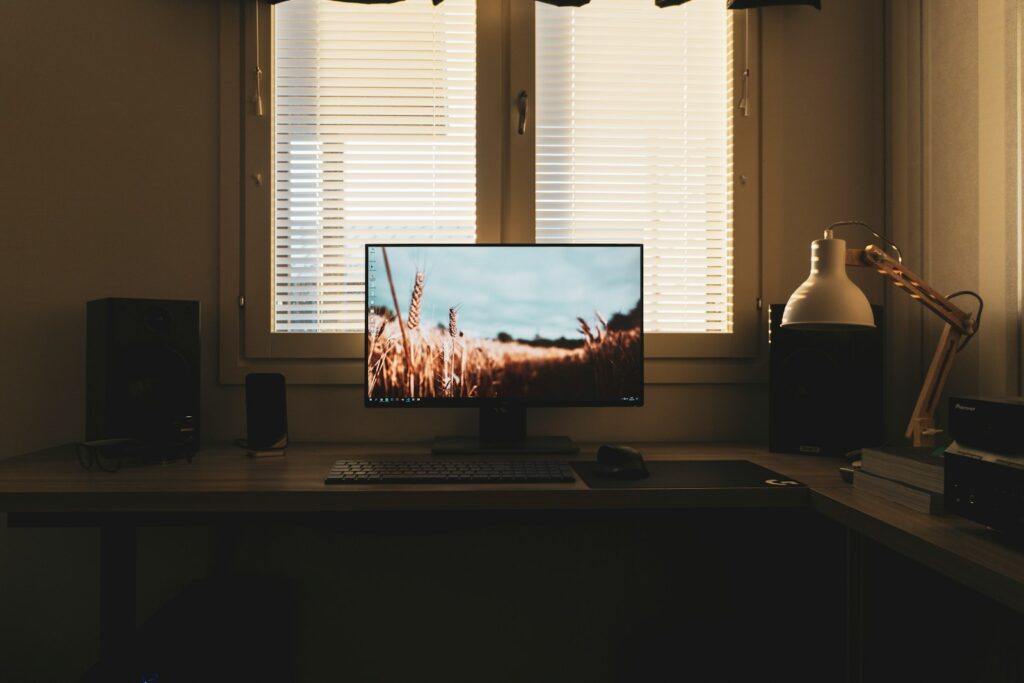
A tidy workspace promotes mental clarity and focus. Clutter can subconsciously increase stress and distract you from your goals. Take a few minutes at the start or end of each day to organize your desk, throw away unnecessary papers, and clean your surfaces. Keeping your area neat helps you think more clearly and move efficiently between tasks. Add a personal touch, like a candle or small plant, to make it inviting. A clean space not only boosts motivation but also supports a calm, productive mindset throughout your workday.
10. Listen to Music or Background Sounds
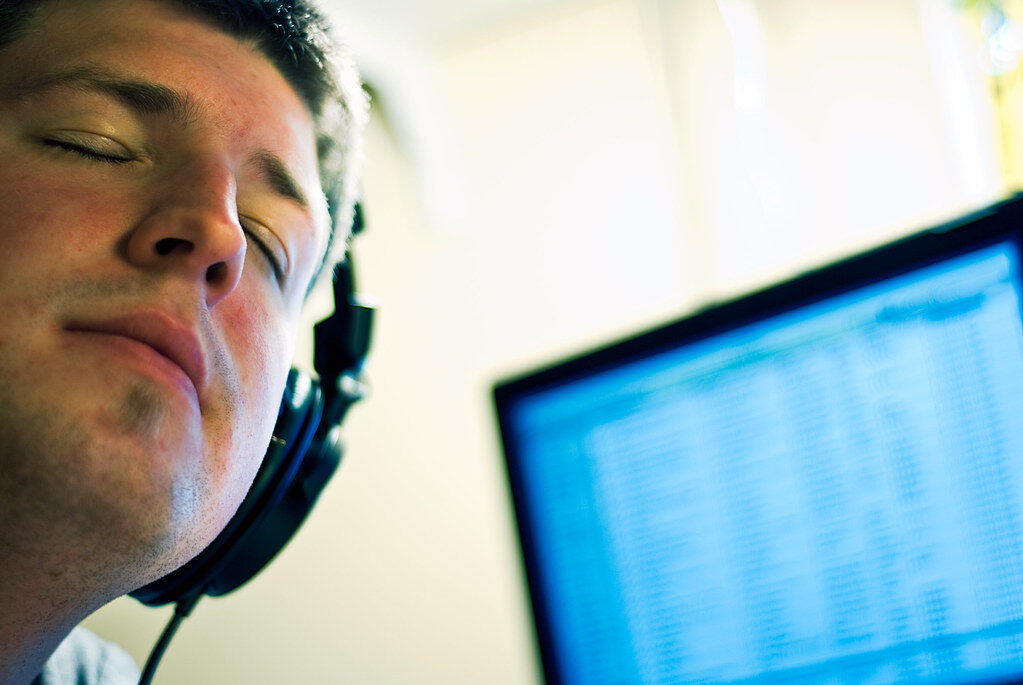
The right background sound can greatly improve concentration and mood. Instrumental music, lofi beats, or nature sounds can make your workspace more enjoyable. Choose something that energizes you without being distracting. If silence feels uncomfortable, soft ambient sounds can help fill the gap and reduce stress. Experiment with playlists to see what suits your tasks best. Some people focus better with upbeat tunes, while others prefer calm rhythms. Creating an atmosphere that stimulates your focus can make even routine tasks feel more engaging and enjoyable.
11. Prioritize Self-Care

Staying motivated starts with taking care of yourself. Regular exercise, proper sleep, and balanced meals can significantly affect your energy levels and focus. Working from home can blur boundaries, making it easy to skip meals or overwork, so schedule time to rest and recharge. Self-care also includes mental health. Take moments to breathe, meditate, or disconnect from screens. When you nurture your body and mind, you’ll find it easier to maintain motivation and creativity. Remember, productivity thrives when your overall well-being is supported and respected.
12. End Your Day with Reflection

Taking time to reflect helps you recognize progress and plan ahead. At the end of your day, review what you accomplished and note what can be improved tomorrow. This simple habit creates closure and prevents work from lingering in your thoughts. Reflection also helps you appreciate your efforts and identify what strategies are most effective for you. Writing down small wins builds confidence and reinforces positive habits. By ending each day with mindfulness, you start the next one with clearer intentions, renewed energy, and a stronger sense of purpose.
Comments